You should go to a Salesforce.org Community Sprint
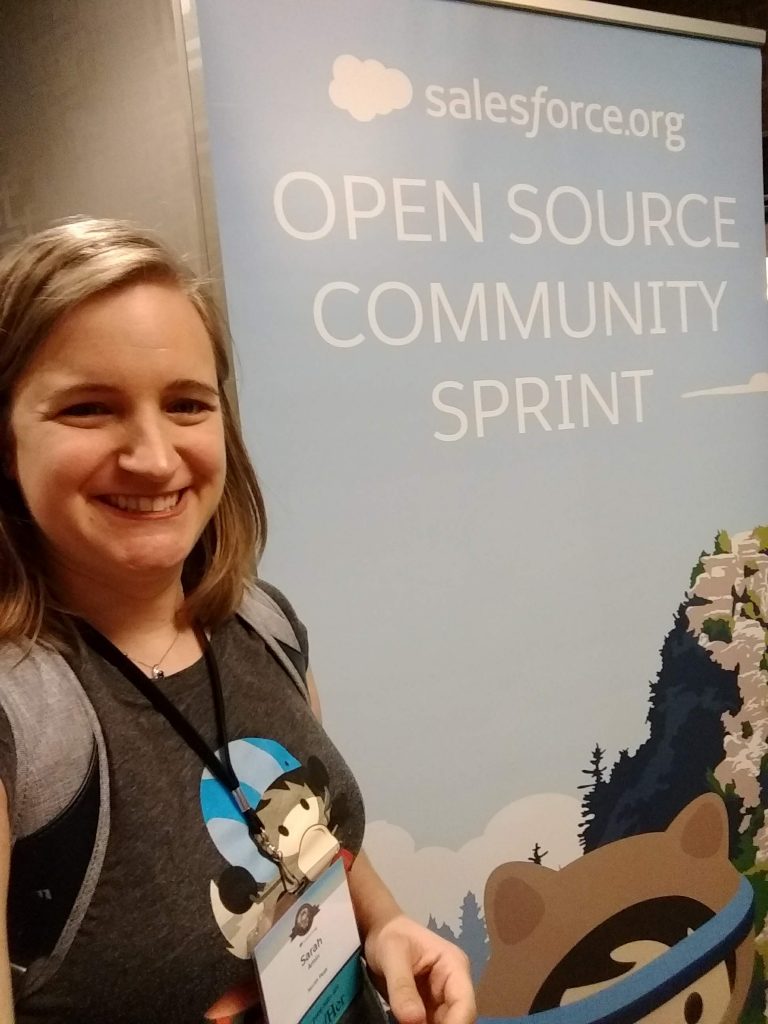
Selfie at the 2018 Denver Sprint!
No, really…. you should go.
That’s what I tell people who ask about my experience after each of the Salesforce.org Community Sprints that I’ve attended. Sprints are hard to describe to anyone who hasn’t gone. It’s like telling friends from home about summer camp– you try to explain, but you end up saying, “You just had to be there.”
A simple explanation is that Sprints are events where the Salesforce nonprofit and educational communities come together to solve problems, answer questions, and build stuff that benefits the entire Salesforce.org ecosystem.
The people who gather at Sprints and the work they do to make the world better are important to me. So, to help others find this awesome community, I’m going to do my best to to explain what it’s really like to attend this summer camp for adults, through the lens of my very personal journey with these events.
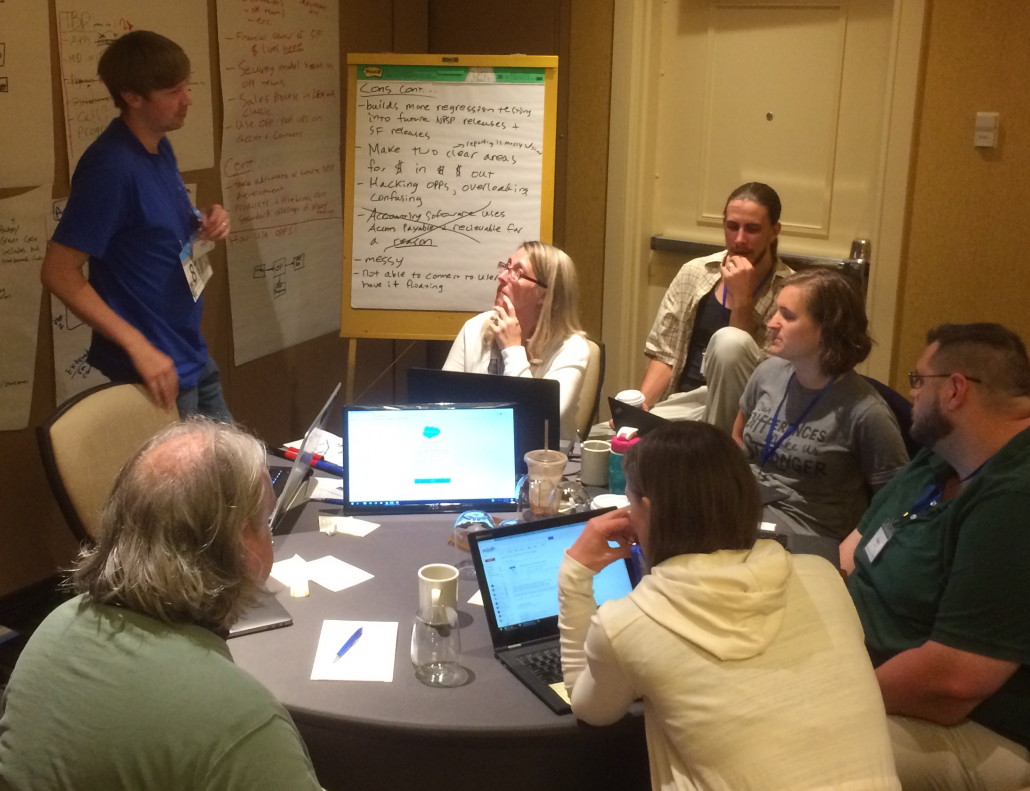
Outbound Grants Team at the Chicago NPSP Community Sprint
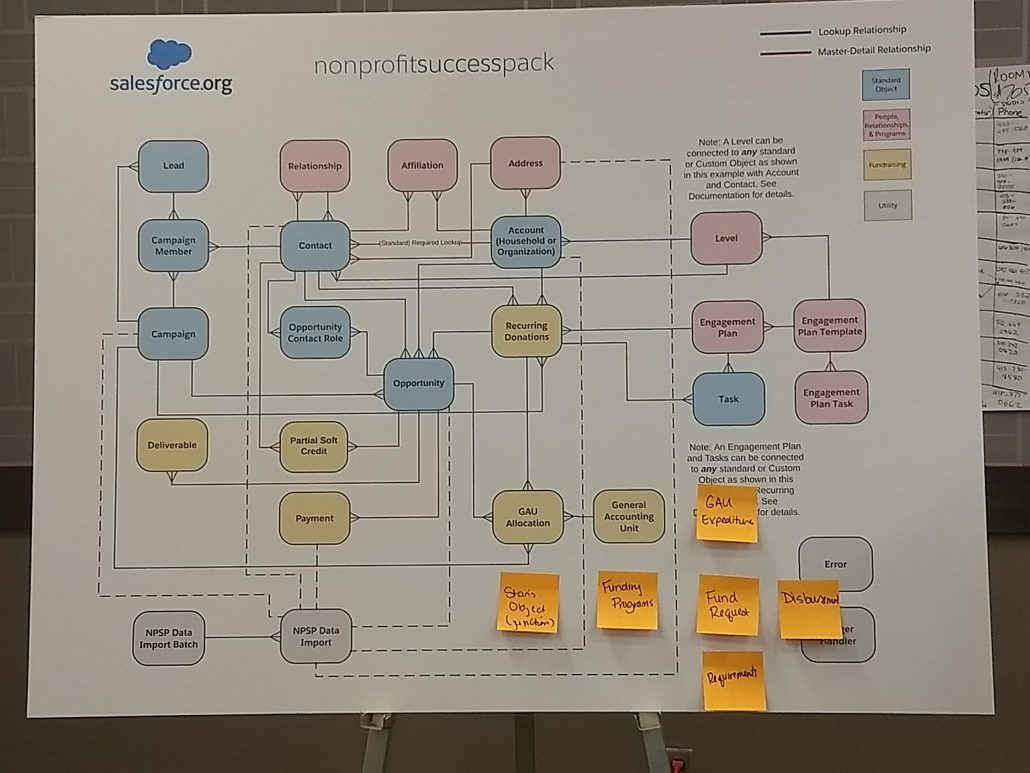
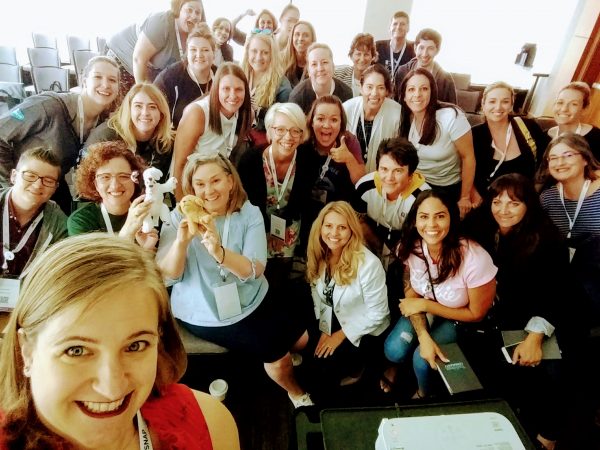
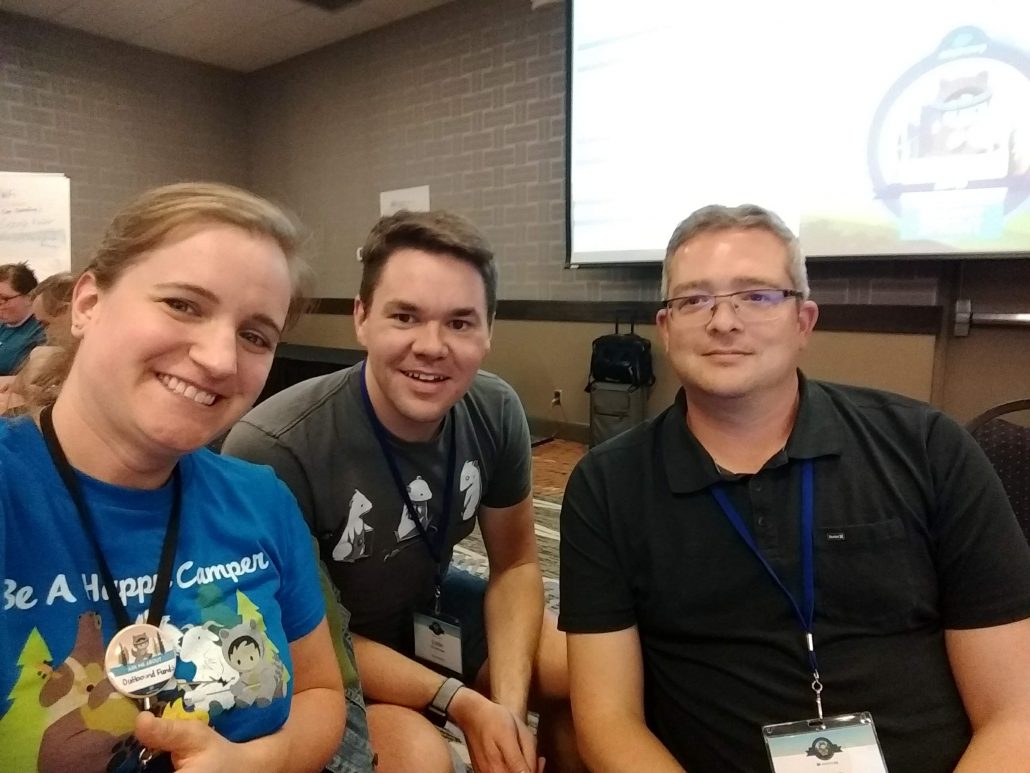
Closing Circle
Every Sprint, no matter how large, ends with a closing circle. We talk about what we accomplished and our next steps after the Sprint. It’s a profound moment of reflection–we can see just how much has been accomplished, whether it’s a conversation had, a feature designed, or documentation written.
With that in mind, I leave you with this: Attending Sprints has a powerful impact on my personal and professional life, as well as on my outlook on our community. My next steps are to make it to one Open Source Community Sprint in 2019, and every year… and you should join me! The next one is coming up in Long Beach, happening February 19-20. If you can’t make this one, check out the other Salesforce events happening this year.
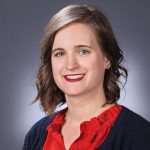
Sarah Amin
Former North PeakConsultant
Sarah joined North Peak in September 2015, after three years working as a Salesforce administrator in the private sector. With Salesforce Administrator, Advanced Administrator and Platform App Builder certifications, she’s applies her Salesforce expertise to design sophisticated solutions for nonprofits. Sarah has a passion for database management with experience administering several vastly different CRM systems. In her previous positions, she honed her skills in data analysis, which she applies to reporting, dashboards and assessing data integrity.
